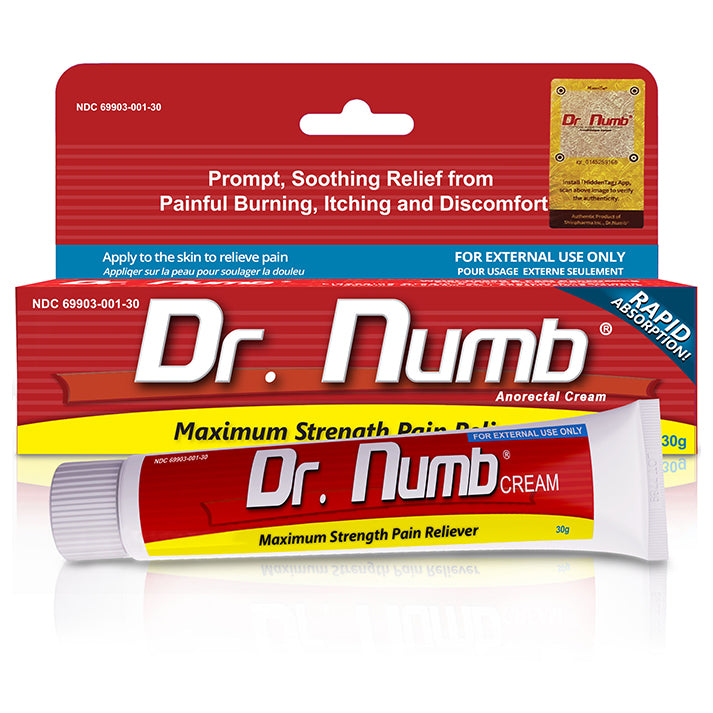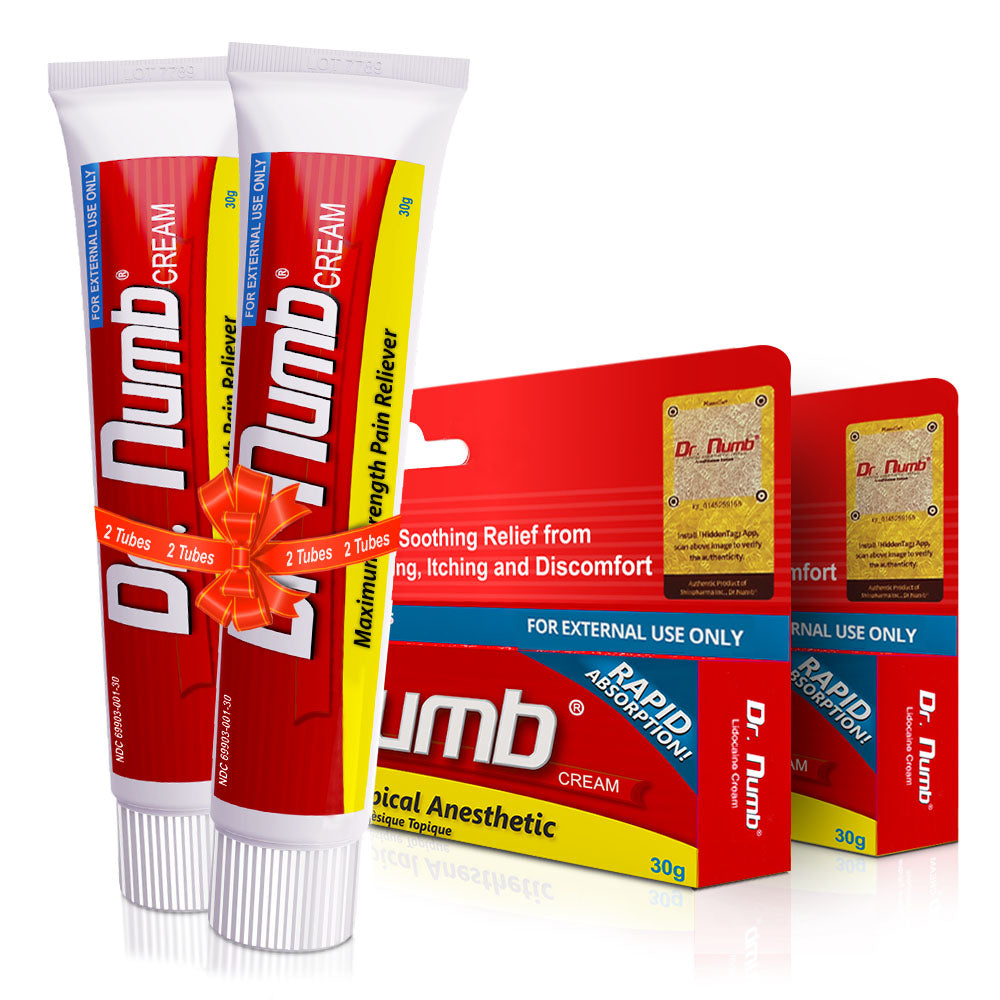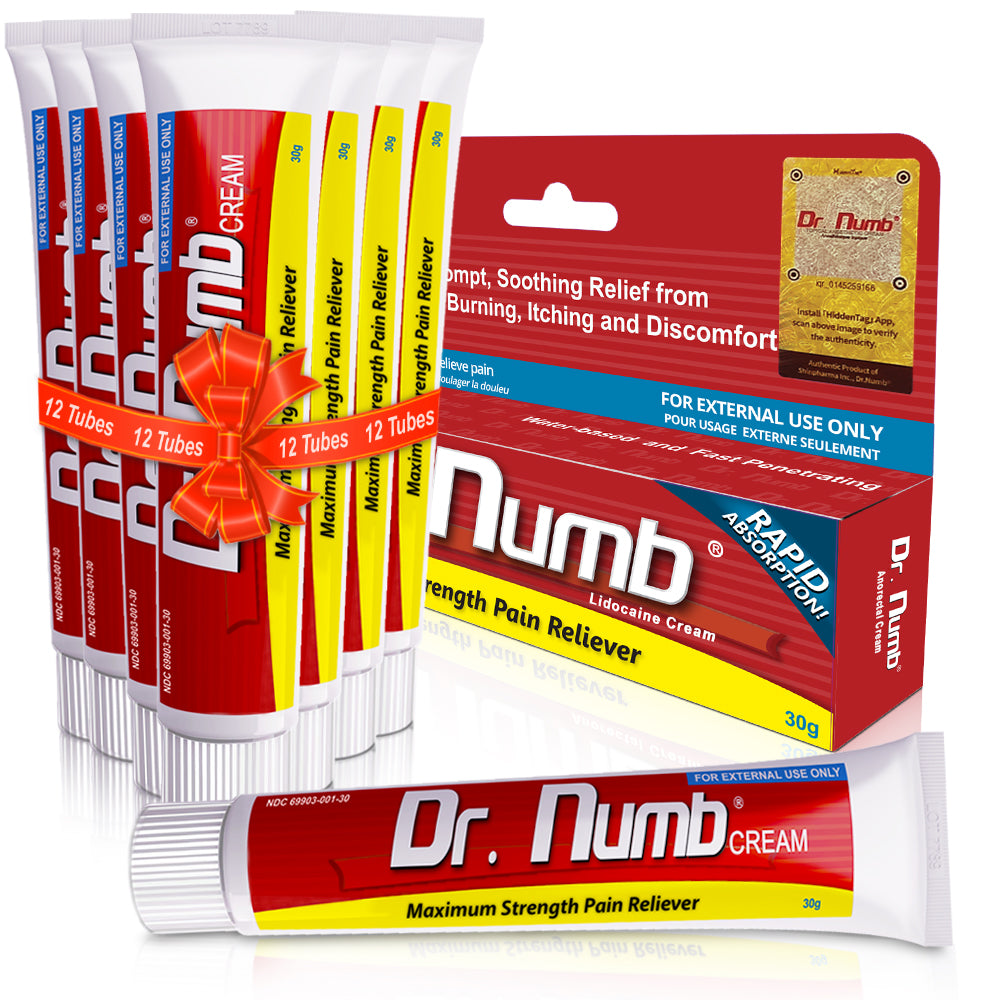Sedentary lifestyles can cause problems such as vein damage, heart disease, hemorrhoids, high cholesterol, hypertension, diabetes, obesity, and certain types of cancer. Slow blood flow can cause vein problems when you don't move enough. To avoid such complications, it is essential to move your body more.
Hemorrhoids are associated with sedentary lifestyles characterized by prolonged periods of sitting or inactivity. Protracted sitting can cause hemorrhoids because of poor blood circulation.
Exercising your abdominal and pelvic floor muscles makes it easier to control bowel movements. The pelvic area becomes enlarged when extra weight is placed on it.
In this blog post, we delve into the not-so-pleasant topic of hemorrhoids and their connection with a sedentary lifestyle. Hemorrhoids are one of the uncomfortable but essential consequences of spending too much time on our backsides.
Key Takeaways
- Lifestyles that are sedentary can lead to swollen veins in the rectal area.
- Key factors contributing to hemorrhoids in sedentary lifestyles include increased risk of constipation, impaired blood circulation, increased rectal pressure, decreased pelvic muscle tone, worsening of hemorrhoid symptoms, impact on overall digestive health, and disturbances in bowel movements and overall digestive health.
- To combat the implications of sedentary lifestyles on hemorrhoids, some preventive measures include incorporating regular movement breaks, practicing good posture and ergonomics, engaging in physical activity regularly, hydration and maintaining a balanced diet, performing pelvic floor exercises, and mindful sitting habits.
Hemorrhoids and Sedentary Lifestyle: 7 Impact

Sedentary lifestyles have become increasingly prevalent in today's fast-paced world, resulting in many health problems. Hemorrhoids, which cause swollen veins in the rectum and anus, are one such concern. Listed below are some implications of a sedentary lifestyle on hemorrhoids:
Increased Risk of Constipation
A primary consequence of a sedentary lifestyle is an increased risk of constipation. Lack of physical activity can slow the digestive process, leading to infrequent bowel movements and difficulty passing stool. When bowel movements are strained, undue pressure on the rectal veins increases the likelihood of hemorrhoids.
Impaired Blood Circulation
A prolonged period of sitting can also lead to impaired blood circulation, particularly in the lower body. When circulation is compromised, blood may pool in the veins of the rectal area, causing them to become swollen. This stagnant blood flow exacerbates the symptoms of hemorrhoids and contributes to their development.
Elevated Pressure on the Rectal Veins
Sitting exerts significant pressure on the rectal area, especially when coupled with a sedentary lifestyle. Prolonged sitting compresses the veins in the anus and rectum, making them more susceptible to swelling and irritation.
Patient discomfort and pain may result from this increased pressure, causing hemorrhoids or worsening existing ones. Hemorrhoids or worsen existing ones, resulting in discomfort and pain for the patient.

Reduced Muscle Tone in the Pelvic Area
Maintaining muscle tone requires physical activity throughout the body, including the pelvic area. However, a sedentary lifestyle can lead to weakened muscles in this region, including those that support the rectum and anus. Weak pelvic muscles make it harder to control bowel movements and can lead to hemorrhoids.
Exacerbation of Hemorrhoid Symptoms
A sedentary lifestyle can exacerbate exacerbated symptoms of hemorrhoids. Prolonged sitting can worsen itching, burning, and discomfort associated with hemorrhoids, making daily activities more challenging and uncomfortable. Without intervention, these symptoms may continue to escalate, significantly affecting the person's quality of life.
Impact on Overall Digestive Health
Beyond the direct effects of hemorrhoids, a sedentary lifestyle can have broader implications for digestive health. Physical inactivity can slow down digestion, leading to issues such as bloating, gas, and indigestion. It can increase the risk of developing other gastrointestinal conditions, compromising overall well-being.
Effects on Bowel Movements and Digestive Health

Physical inactivity is closely linked to bowel movement disturbances and digestive problems. A sedentary lifestyle can cause sluggish digestion, constipation, and difficulty passing stool.
The strain associated with bowel movements further exacerbates the pressure on the rectal veins, predisposing people to hemorrhoids. Inadequate physical activity compromises. Pelvic muscle tone is low, impeding proper bowel function and exacerbating gastrointestinal issues.
6 Prevention and Sedentary Lifestyle Changes For Hemorrhoids
Hemorrhoids can be directly attributed to sedentary lifestyles, so adopting preventive measures is essential to maintaining rectal health. People can reduce the risk of hemorrhoids by employing lifestyle modifications and practical strategies. Here are some helpful prevention tips to combat the impact sedentary living has on hemorrhoids.
Incorporate Regular Movement Breaks
Your phone or computer can be programmed to remind you to get up from sitting every 30-60 minutes. During breaks, stand up, stretch, or walk around for a few minutes to improve blood circulation and relieve pressure on the rectal area.
Use this time to perform simple exercises like leg lifts or squats to engage your muscles and promote overall well-being, especially in managing hemorrhoids.

Practice Good Posture and Ergonomics
Your shoulders should be relaxed, and your back should be supported by the chair. Maintain a 90-degree angle between your knees and your feet to maintain spinal alignment and decrease strain on rectal veins, which benefits people with hemorrhoids. Use ergonomic furniture and accessories, such as a supportive chair and an adjustable desk, to minimize discomfort and promote healthy sitting habits.
Engage in Physical Activity Regularly
Every day, get 30 minutes of moderate-intensity aerobic activity by walking, cycling, or swimming. Incorporate strength training exercises targeting the pelvic floor muscles to improve tone and support the rectal area, assisting in managing hemorrhoids.
Find activities you enjoy and make them a regular part of your routine to ensure consistency and maximize the benefits of physical activity.
Hydrate and Maintain a Balanced Diet

Hydrate throughout the day to prevent constipation a common concern for people living with hemorrhoids.Fiber-rich veggies, fruits, whole grains, legumes, and fiber-rich veggies can help manage hemorrhoids effectively. To prevent hemorrhoid symptoms, avoid processed foods, caffeine, and alcohol.
Perform Pelvic Floor Exercises
Incorporate pelvic floor exercises like Kegels daily to strengthen the muscles that support the rectal area. Relax and contract your pelvic floor muscles regularly to improve tone and control, reducing the risk of hemorrhoids and other pelvic floor disorders.

Mindful Sitting Habits
It is best to avoid sitting on hard surfaces for prolonged periods, as this can increase rectal pressure and exacerbate hemorrhoids. Use a cushion or pillow to provide extra support and relieve pressure on the buttocks and pelvic region. Take breaks from sitting and alternate between sitting and standing to promote better circulation and reduce discomfort.
Conclusion
Our comfy couches and work desks might be secret culprits of discomfort and pain because of hemorrhoids. While the sedentary lifestyle poses several other health risks, its contribution towards the development and exacerbation of hemorrhoids is noteworthy. But don't let this discourage you.
With conscious efforts towards incorporating regular movement, practicing good posture, engaging in physical activity, and maintaining a balanced diet, you can combat the adverse effects of sedentary lifestyles on hemorrhoids. After all, your health and comfort deserve more than prolonged sitting and inactivity. So, stand up, move around, break the cycle, and sit smartly for a healthier, happier you.

![Symptoms of Hemorrhoids & Sedentary Lifestyle [Precaution]](http://drnumb.com/cdn/shop/articles/Hemorrhoids_Sedentary_Lifestyle__10_Symptoms_Precaution.jpg?v=1701061412&width=1100)


















